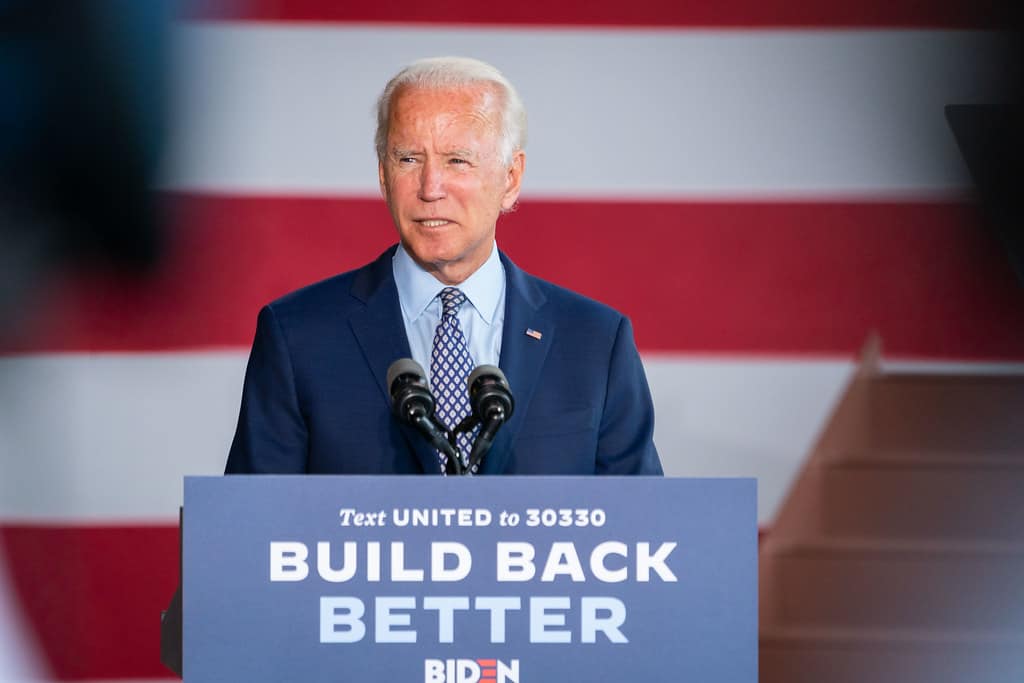Nikita Rumsey is a student at Harvard Law School.
On Friday, the House narrowly passed the Build Back Better Act, approving $2.2 trillion in spending over the next ten years to tackle climate change, improve access to healthcare and bolster the nation’s social safety net. The bill passed by a margin of 220-213, with unanimous opposition from Republicans. Although the bill has already been pared back from the original $3.5 trillion plan that the Biden Administration initially proposed, if passed it would still constitute as large an expansion of the nation’s social safety net since the Great Society legislation of the 1960s.
Indeed, as the Times noted, the bill “offers universal prekindergarten, generous subsidies for child care that extend well into the middle class, expanded financial aid for college, hundreds of billions of dollars in housing support, home and community care for older Americans, a new hearing benefit for Medicare and price controls for prescription drugs.” Additionally, the bill would invest over half a trillion dollars toward shifting the U.S. economy away from fossil fuels to renewable energy and electric cars. As to payment, the package would principally be paid for with tax increases on high earners and corporations, which would generate nearly $1.5 trillion over 10 years. Additionally, savings in government spending on prescription drugs are projected to bring in another $260 billion. However, the Congressional Budget Office estimated that the bill would add $160 billion to the national debt over the next decade, which surely will be a topic of discussion as the bill works its way through the 50-50 Senate in the coming days and weeks.
In other news, reformer Sean O’Brien declared victory in the race to become the next president of the International Brotherhood of Teamsters, after his Hoffa-backed rival conceded on Friday. As Bloomberg reported, although the election results will not be certified until next month, O’Brien, a fourth generation Teamster and head of a Boston local, was up nearly 2-to-1 with more than 90% of the votes counted as of this week, and is expected to take the reins of the roughly 1.4 million member-strong union in a rare defeat for incumbent leadership. From the outset, O’Brien’s candidacy was considered a referendum on the leadership of James P. Hoffa, whom O’Brien criticized for being too quick to concede in several high-stakes contract negotiations, especially the recent contract with UPS. Additionally, O’Brien announced his intent to mount an aggressive push to unionize Amazon workers, saying that the union’s recently approved plan to supply “all resources necessary” to unionize Amazon workers should have been in place 10 years ago. David Witwer, a professor at Penn State at Harrisburg, relayed the rarity of this election outcome to the Times, noting that since the Teamsters’ official founding in 1903, “there have been only two national union elections that have seen an outside reformer candidate win election as president.”
Meanwhile, Labor Notes reported that after five weeks on strike, 2,000 hospital workers in Buffalo, NY returned to work on November 10 with a “landmark” agreement on safe staffing ratios, their top demand. Their new contract, which is set to take full effect in 2023, will deliver staff-to-patient ratios for most positions, including nurses, nursing assistants, clerical staff and X-ray techs, and provides for bonus pay where workers pick up additional shifts to help meet the ratios, as well as additional penalties on top of the bonus if the hospital fails to meet them. The agreement covers 2,000 of Communications Workers of America Local 1133 at Mercy Hospital of Buffalo, along with an additional 500 workers in that local and Local 1168 at two affiliated facilities of Catholic Health. According to organizers, hospital management inadvertently galvanized their campaign when they opened bargaining with concessions and a 1% raise, which put workers over the edge. Now after a successful strike, “registered nurses will see an average 6.3 percent raise retroactive to June, while service, technical, and clerical employees will get an average bump of 8.4 percent.”






Daily News & Commentary
Start your day with our roundup of the latest labor developments. See all
December 22
Worker-friendly legislation enacted in New York; UW Professor wins free speech case; Trucking company ordered to pay $23 million to Teamsters.
December 21
Argentine unions march against labor law reform; WNBA players vote to authorize a strike; and the NLRB prepares to clear its backlog.
December 19
Labor law professors file an amici curiae and the NLRB regains quorum.
December 18
New Jersey adopts disparate impact rules; Teamsters oppose railroad merger; court pauses more shutdown layoffs.
December 17
The TSA suspends a labor union representing 47,000 officers for a second time; the Trump administration seeks to recruit over 1,000 artificial intelligence experts to the federal workforce; and the New York Times reports on the tumultuous changes that U.S. labor relations has seen over the past year.
December 16
Second Circuit affirms dismissal of former collegiate athletes’ antitrust suit; UPS will invest $120 million in truck-unloading robots; Sharon Block argues there are reasons for optimism about labor’s future.